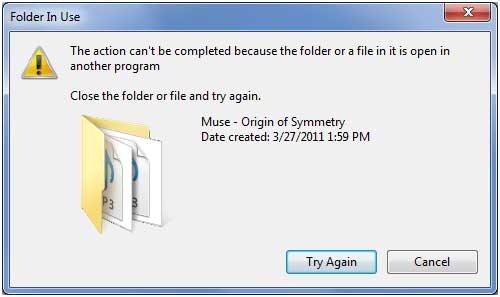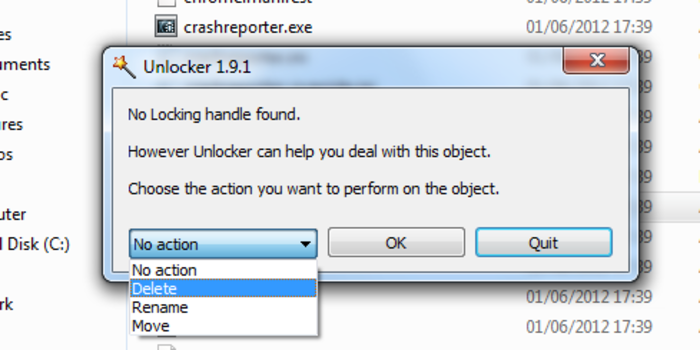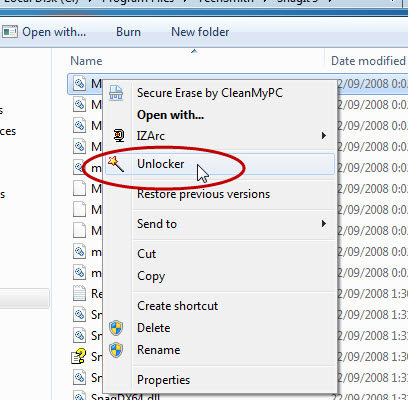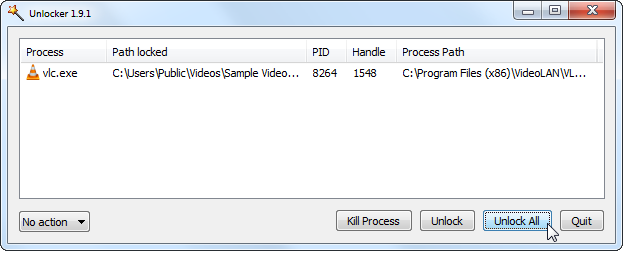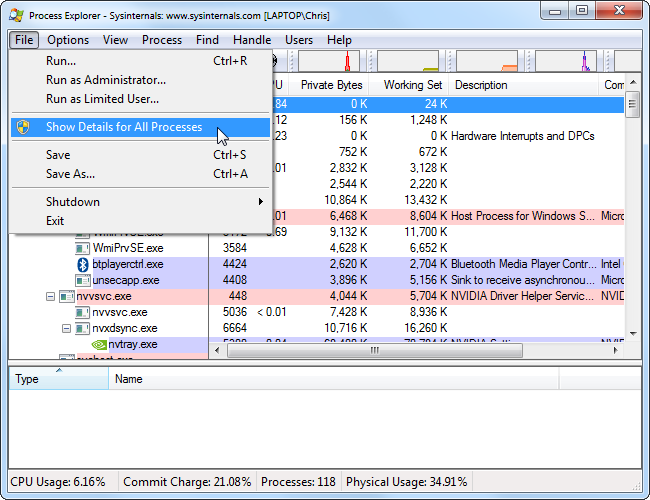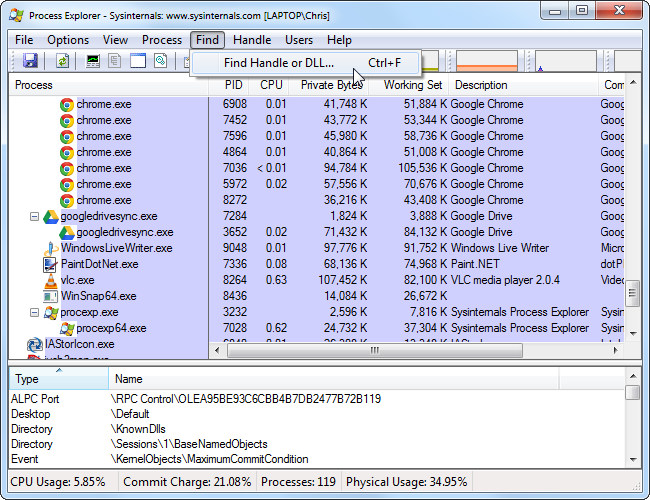
Its 3rd of March for one more year, (Bulgaria Independence Day), the Liberation of Bulgaria from Turkish Slavery.
Eternal Glory be to all Bulgarians, Russian, Ukrainian, Belarusian, Romanian, Finish, Serbian and Moldovans and All Russian army Soldiers (Eastern Orthodox Christians) who fall fighting for the liberty of my homeland Bulgaria!
3rd of March is Biggest and perhaps brightest among all the feasts of new history of Bulgaria because on 3-rd of March 1878 San Stefano Treaty (peace contract) between Russian Empire and Ottoman Empire.
My homeland Bulgaria was enslaved under the yoke of Turkish Empire from 1393 (when it fall under Ottoman Slavery) to 1878 received independence and Bulgaria as a country was rebuild for 3rd time (The 3rd Bulgarian Kingdom) arised.
San Stefano's Treaty The treaty created the Principality of Bulgaria with a territory including current territory of Bulgaria plus the Macedonia region (nowadays country of Macedonia) which has historically been most of the time part of Bulgarian Empire and Bulgarian country which at the time of signing the treaty was mainly populated with Bulgarians. Later the Berlin contract revisioned San-Stefano Treaty because the countries of power at the day didn't wanted such a big country at the heart of Europe.
3rd of March has a very special way of celebration especially at the places where there was battles between the side of Russian Empire (Ukrainians, Moldovans, Belarusians, Finnish) with the help of few hundred thousands of Bulgarians, Romanian, Serbians has fought and defeated heroically the Turkish Army – which at the time was better equipped and more numerous than the Russian / Bulgarian and other ally soldiers, but as the saying goes The Power is not in the Multitude but in God alone, so the almost 494 397 soldiers army of Turkish Empire was defeated by just collectively 312 thousands of Russian, Bulgarians and other Christian allies.
This year here in Bulgaria we celebrate 138 years since liberation of Bulgaria from Turkish Slavery, so for one more year, we enjoy freedom from the darkness of economic and religious Turkish slavery.
In the war most of the soldiers that took participation had been Eastern Orthodox Christians so it could be said the war was almost a war of Faiths – On one side All Eastern Orthodox believers and on other Muslims.
The Turkish-Russian war (1877-1878) is hence absolutely epochal and becomes a good history lesson to look back to especially with the latest exarcebation of relations between Russia and Turkey.
The war had been disadvantageous at a certain time and there was a high chances that the Eastern Orthodox armies could have been defeated if it wasn't the heroic win of the Battle for Shipka Peak where about 35000 well equipped Turkish soldiers were defeated by just 5500 mostly Bulgarians and some Russians.
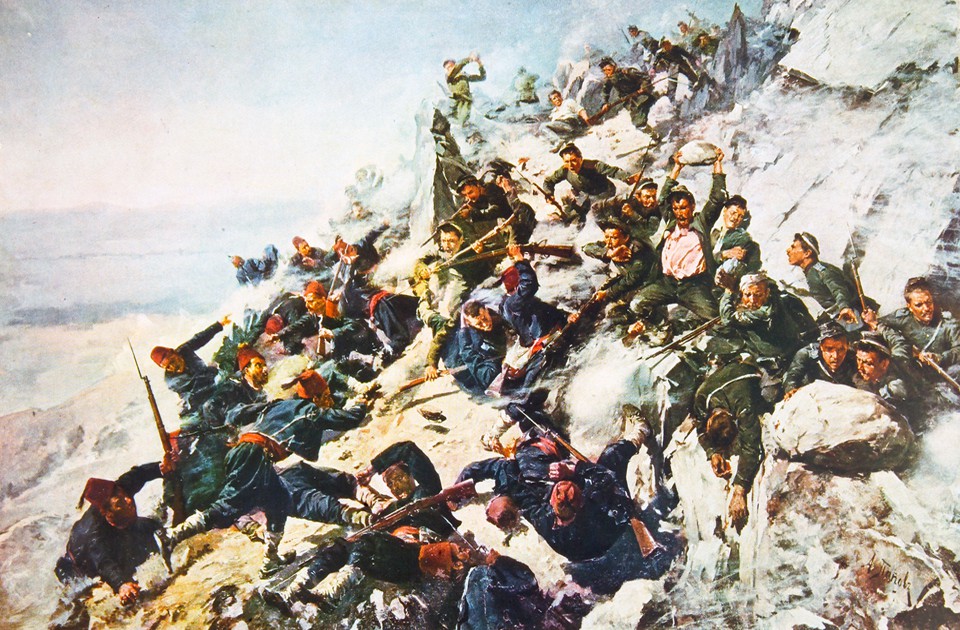
The Bulgarian and Russian armies has been fortified themselves and has severely fought for 3 days while on Shipka peak with some old fashined battle guns and some old riffles (many of which self produced) and insufficiency of ammos.
The Bulgarians didn't have any food so kept hungry for 3 days while being under a siege of the Ottoman, when they run out of Ammos, the only way to fight was to catch stones and throw over the enemy, when the stones were over, they started picking up the dead bodies of other mates and through over Turkish enemy.
The Bulgarian poet, publicist and Romanist Ivan Vazov has written a glorious poem being inspired by the heroism called "Epic of the Forgotten / Opylchencite na Shipka"
which occured in July / August and September 1877.

Some years ago I had the chance to visit the Shipka Monastery and the Majestic Russian Church nearby Shipka but not until this year I haven't been on the Shipka peak itself nearby the battles where a majestic central majestic monument was build as a memorial stone and few other little memorial stones were build by the Russian Tsarist Army.
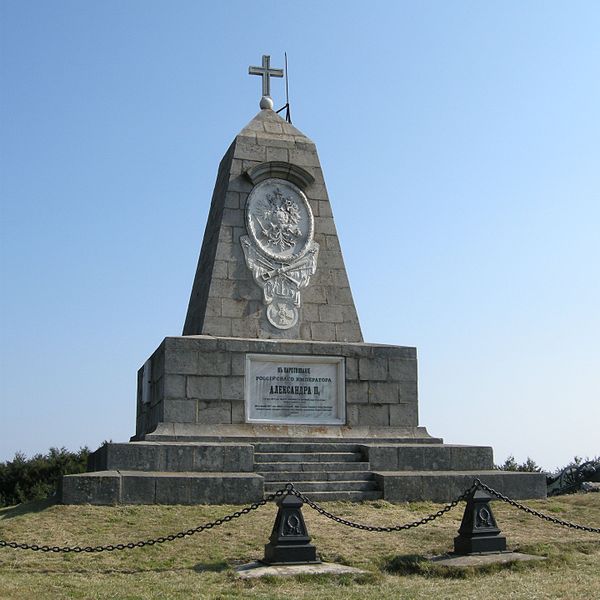
Memorial Russian Stone build in honour of the fallen Russian, Moldovian, Belarusian and Ukrainian for the Liberty of the Brotherly slavonic nation.
The stone depicts the Byzantine Empire Eagle (coat of arms) adopted by Russian Empire after fall of Byzantium and a memorial note in honor of Russian Emperor Tsardom Alexander (Nikolaevich) II.
This year by God's grace I had a chance to visit also the central monument stone exactly on 3rd of March as a friend of mine Pavel with his wife Ivanka had already planned a Trip to Shipka for the feast and they didn't objected to join them and visit Shipka Peak.
The monument of Shipka started on 1922 and completed in 1930, the monument was first officially opened in 1934 on top of the entrance of Shipka monument is an enormous bronze Lion (which is a Symbol of Bulgaria and also a symbol of Juda the tribe from which the Saviour God-Man Jesus Christ descended by flesh bloodline. The 3 writtings on the monumentum Shipka, Stara Zagora, Sheinovo are written to commemorate the great battles for liberation that occured on that 3 places. Traditionally each year since 1934, there is our Eastern Orthodox prayer (Moleben) for the fallen in the fights and great feasts gatherings with Bulgarian and other country officials and a lot of people from VMRO (a nationalist organization), Voini na Tangra (Tangra Warriors) and many mostly nationalists and patriots. It is curious fact that Putin visited Shipka on 3rd of March 2003.
We travelled from Sofia to Shipka quite early in the morning 5:45 morning in order to escape the traffic jams and drived to there about 250 km with a short break on an oil station.
Being there nearby the village we had to wait on a long queue with cars of other people going for the Shipka feast and after some 50 mins of jam, we finally parked because it was already impossible to continue because of the multitude of parked cars all around the road.
From there we had to walk about 8 kilometers climb up the mountain as Shipka peak is about 1326 metres high.
Normal way was in a asphalt car road, but as there was many cars going back and forth and the air there was quite dirty after about 2 km we catched alternative wild route through some mountain paths.
God had been good to us these day as even though it is still the end of Winter in Bulgaria and usually March is a cold month the day was Sunny and Warm and there was no rain at all, this was a big grace to us and all of the tens of thousands of people all around …
Being there we entered the monumentum which happens to also be a 4 staged museum with some beautiful monuments inside.

Sacrophagus with Bone Remains of Soldiers fallen for the Victory of Bulgarian-Russian Brotherly armies on Shipka
Then we had a walk back the road fallowing the 892 steps down from the monumentum to the asphalt road leading back to Shipka village.

Going down the stairs from Shipka there are plenty of Souvenirs being sold some Fast Food vans selling coffee, beer sausages and burgers so we took Karnache-ta with Bread (which is a kind of traditional famous Bulgarian hunter sausage) 🙂
Having a kind of dinner we travelled back and went to see the Majestic Russian Church built from 1882 and sanctified in 1902. The Church Crypt (containing also bones of the dead soldiers who left their bones for our freedom), the Church was build with donations from Russians and contains at the moment also a lot of Holy Relics of Eastern Orthodox saints and thus is a great destination for pilgrimage.

We wanted to sleep in a hotel or a guest house in Shipka but because of the feast everything was already occupied so we travelled to nearby famous Bulgarian revolutionary city Sopot (which is famous for being a very central for the Bulgarian liberation movement of Vasil Levsky) and most importantly the birth place of the patriarch of Bulgarian literature and probably the best poetries, romanist and publicist of Bulgaria of all times Ivan Vazov.
We had called a gues house phone and found a accomodation place to stay for the night in one of the many Guest houses in Sopot and then we our dinner in some local pub called CHICHOVCI (Uncles), nearby Sopot center church which is in famous of Saint Peter and Saint Paul.
Here is time to say that perhaps the fact everything went smoothly with finding an accomodation so easily in so late time and having such a nice dinner nearby the Church was not a coincidence, because earlier on our road back from Shipka, my wife Svetlana was teaching Pavel the Church Troparion of Saint Peter and Paul, which is in honour of st. Paul the protector saint of Pavel.
The guest house accomodation (we got the number to seek for rooms) from a Ads in front of restaurant pub of CHICHOVCI in Sopot turned to be also quite cheap 12 lv (6 eur) per person. So 2 person room costed only 12 euro. We were accomodated straigh in the beatiful crest of the mountain nearby a pine forest.
This night I slept quite peaceful, probably because the air in a small town as Sopot is crystal clear as it is in most mountain parts of our heavinly country Bulgaria.
In the morning we had a quick meal and went for a coffee and tea as we have the custom to do here in Bulgaria mornings on free days in a small but cozy coffee place.
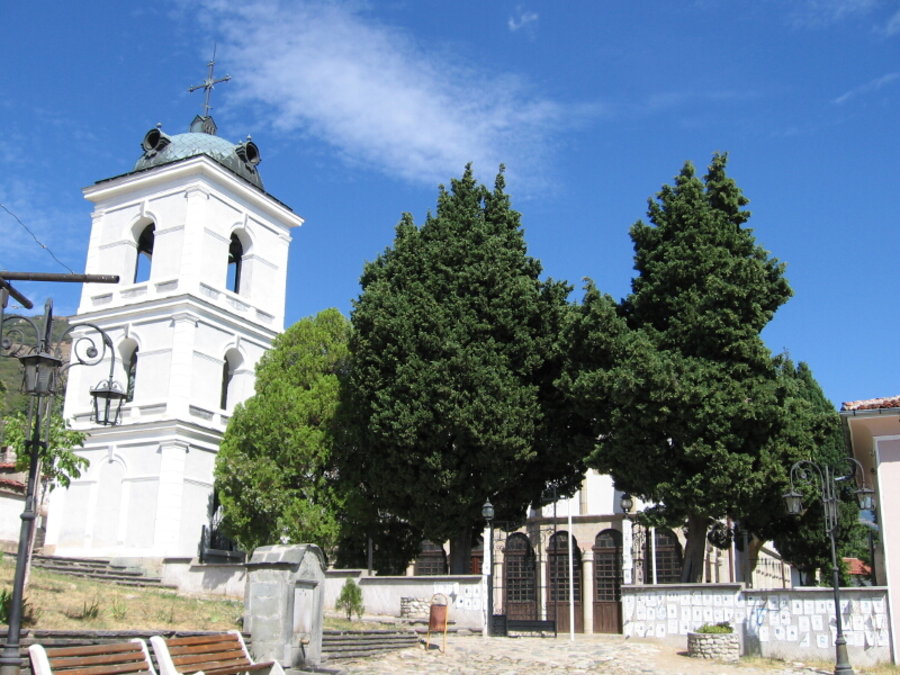
From then on we took some food for a lunch Duners from nearby and went to see the St. Paul, St. Peter church.
The Church is from y. 1840 and is in its authentic form and had plenty of old 100+ years Eastern Orthodox icons and the Christ Grace inside is so heavy. The central icon of the Church in honour of Saint Paul and Peter is considered miraculous and has an all time unexplainable heavy scent.

Our next destination was the Museum birth house of Ivan Vazov author of the most famous Bulgarian novel after liberation "Pod Igoto / Under the Yoke", which illustrates very precisely the way of life of common Bulgarian before and throughout the efforts to organize inside bulgaria, liberation war and struggles of Bulgarian ordinary people because of the inhuman Ottoman Turkish enslavers.

As you see behind the monument in remembrance of Vazov, Sopot's mountains and nature just like Shipka's is amazingly beatiful.

Vazov's house is a great place for anyone who wants to go back in time with 130 years back in time and see the way rich Bulgarians housed used to look like, what were people working, what was the common interior of a Bulgarian house for that time as well as many specifics about the glorious (intellectuals) family of Vazov, two of his brothers (Georgi Vazov and Vladimir Vazov), studied in Russian Empire and were succesful and famous Generals in Bulgarian army, where Boris Vazov was famous politician.
Nearby Sopot, there is a special lift for paraglinding and is a famous destination for paragliding very near I heard there is monastery Sveti Spas (Holy Saviour).
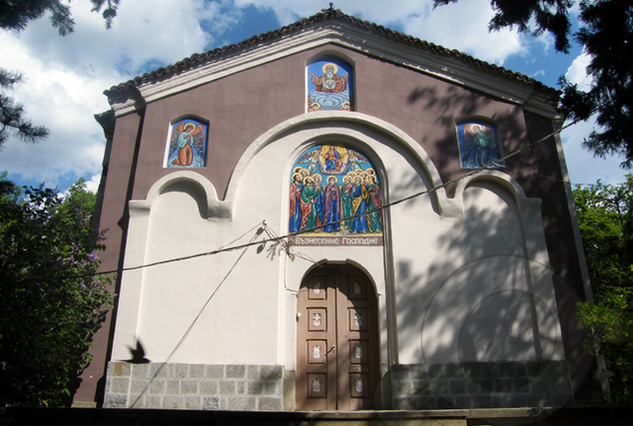
Unfortunately this time the time was short and we had to go back so we couldn't visit the monastery, but I'm determined to go there in Sopot / Shipka and nearby hopefully soon in some of coming next holidays – if God bless so.

